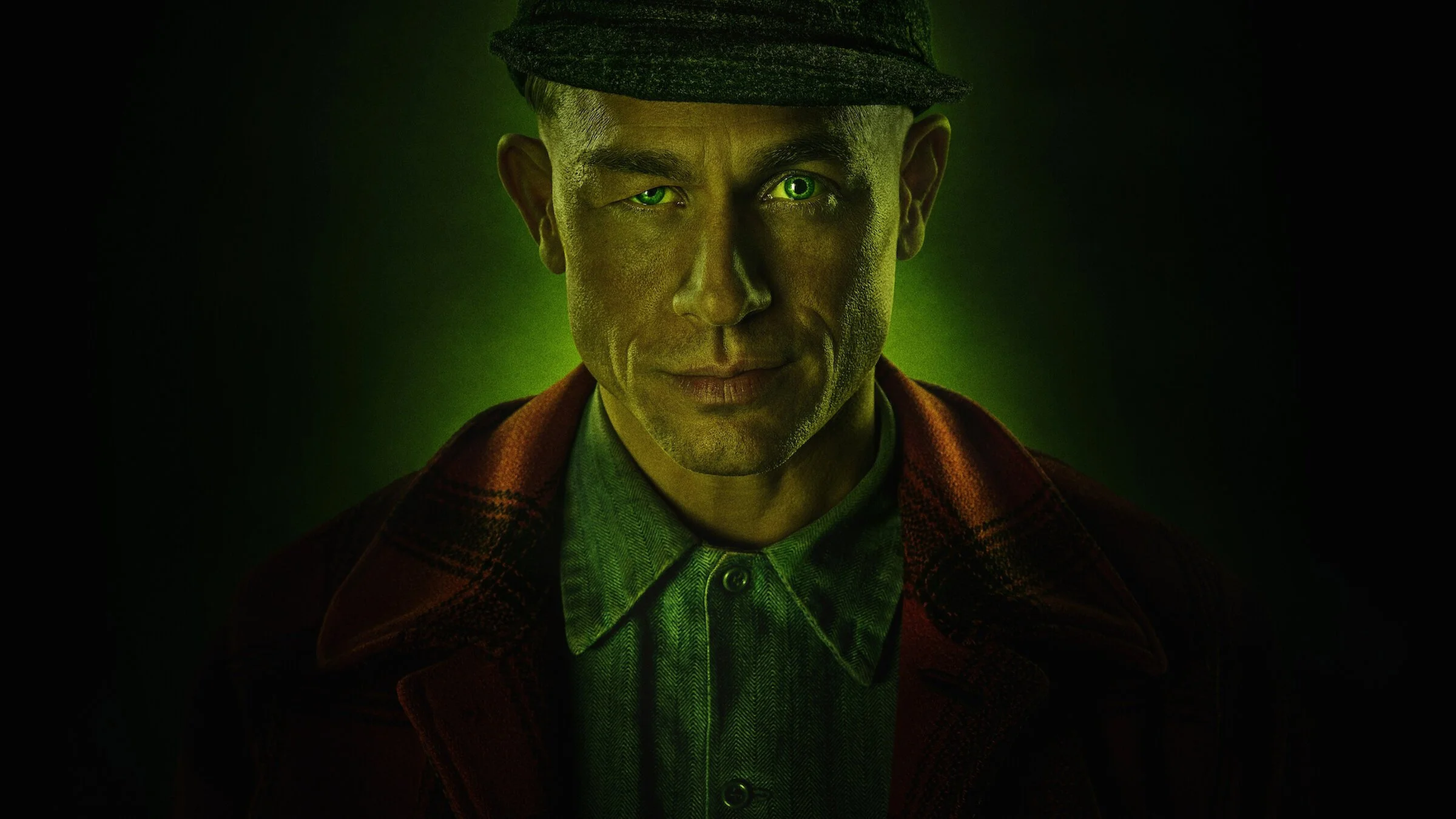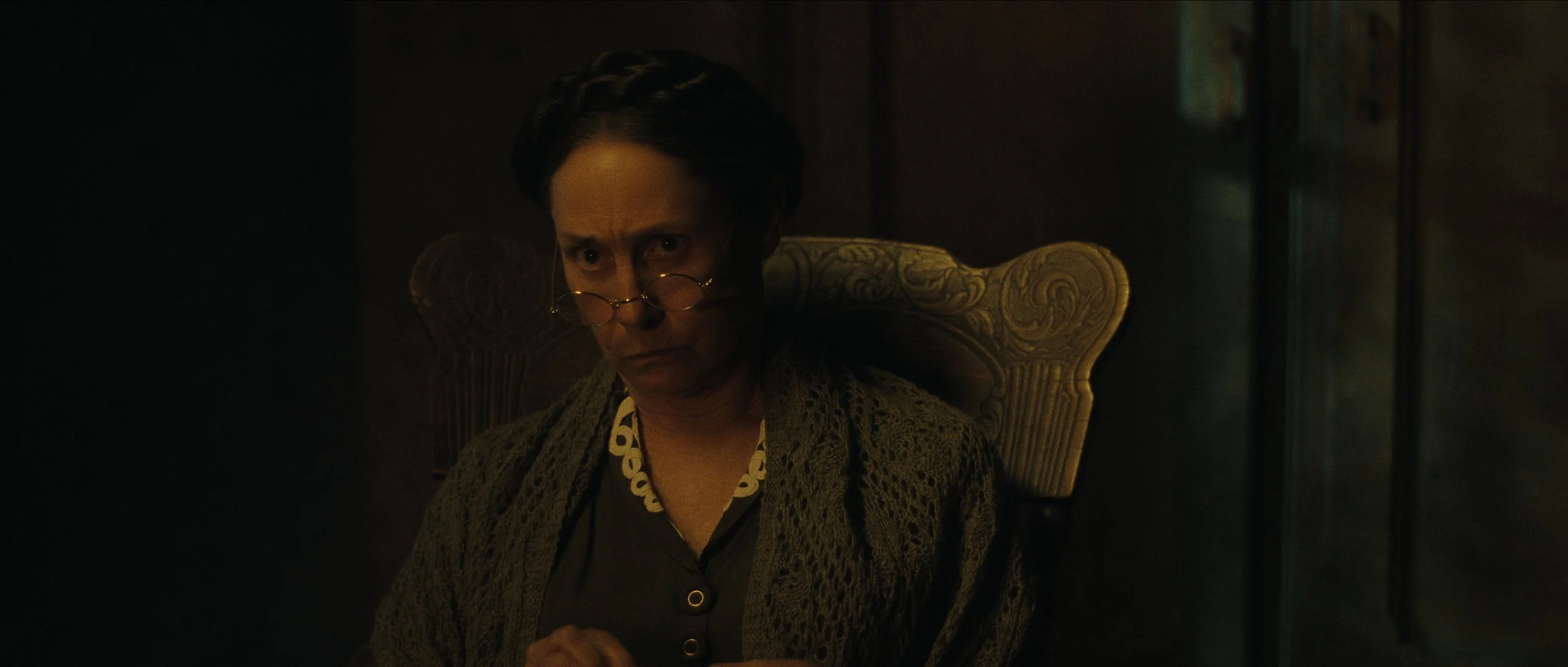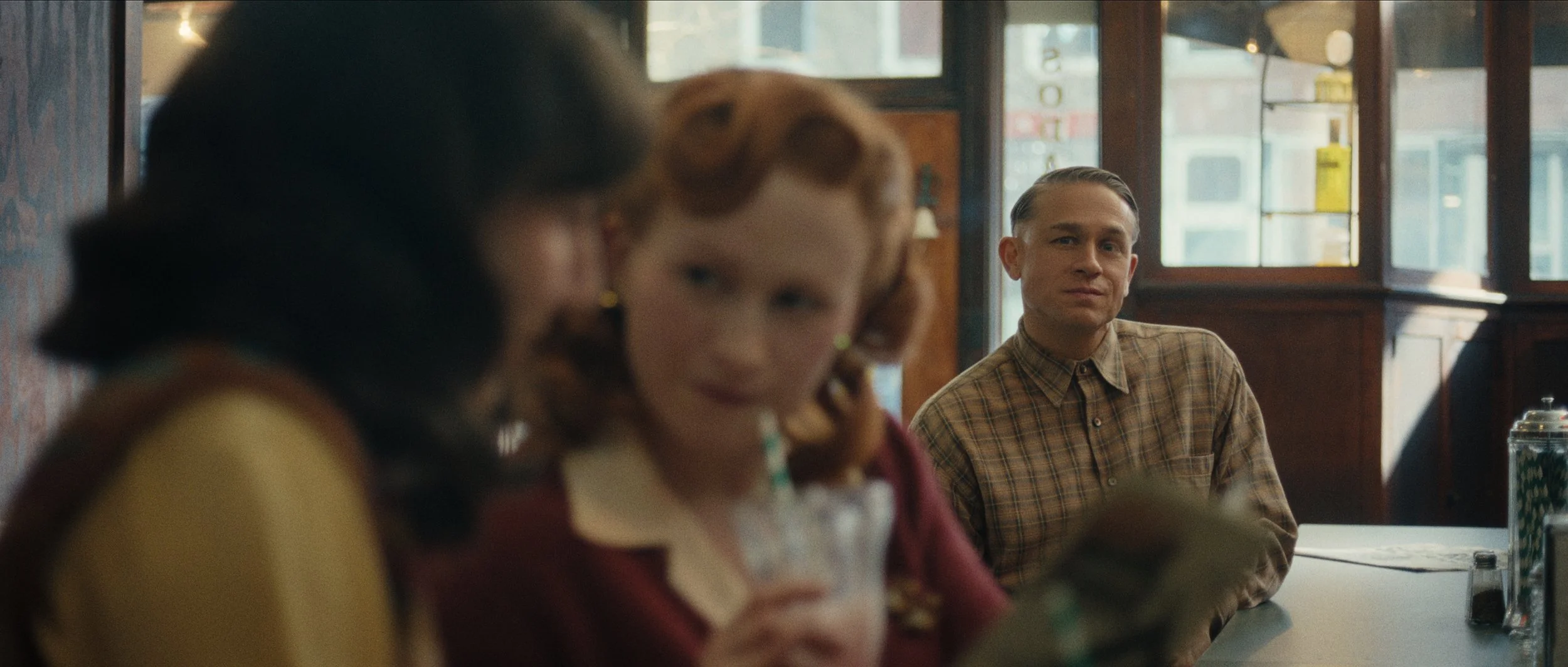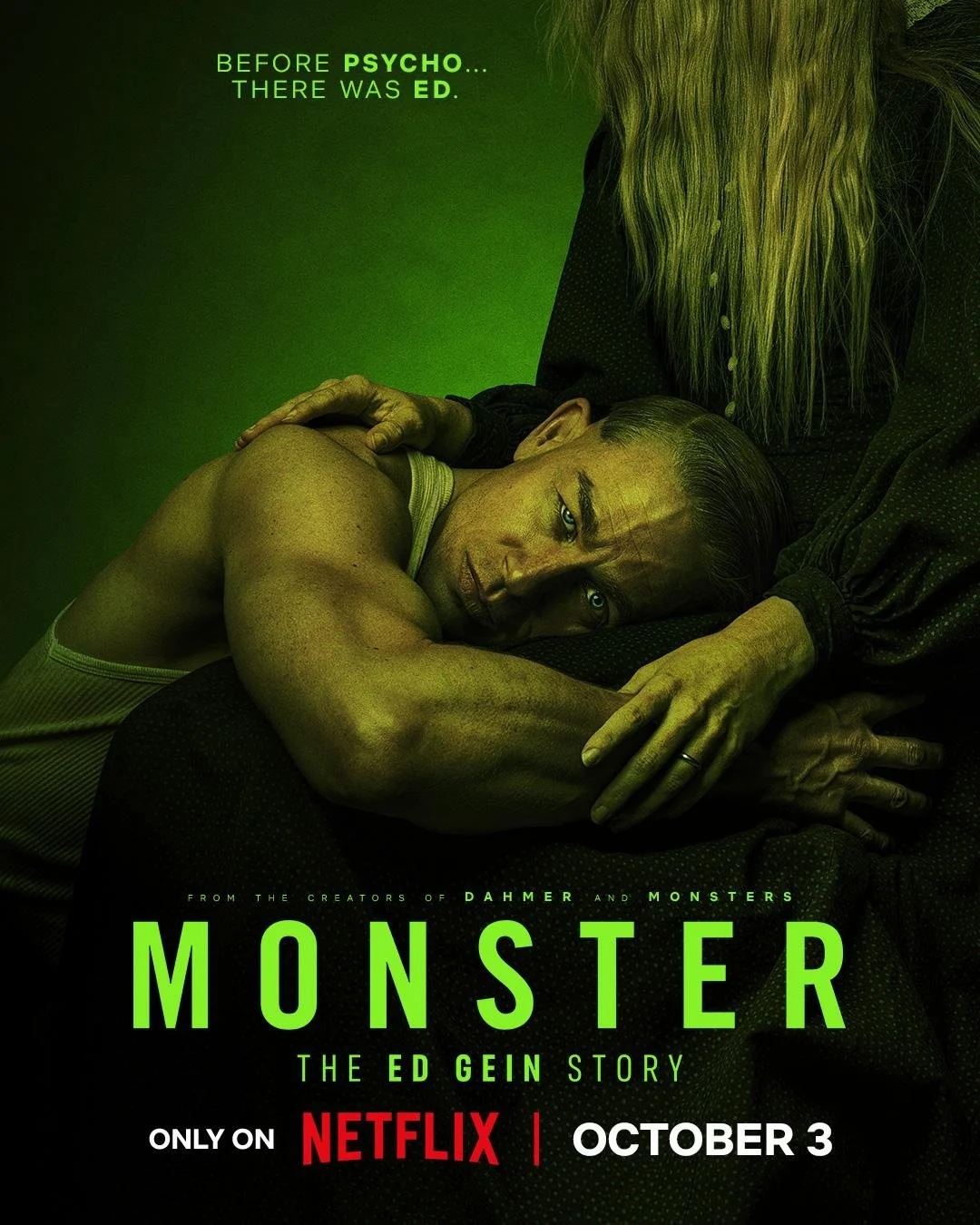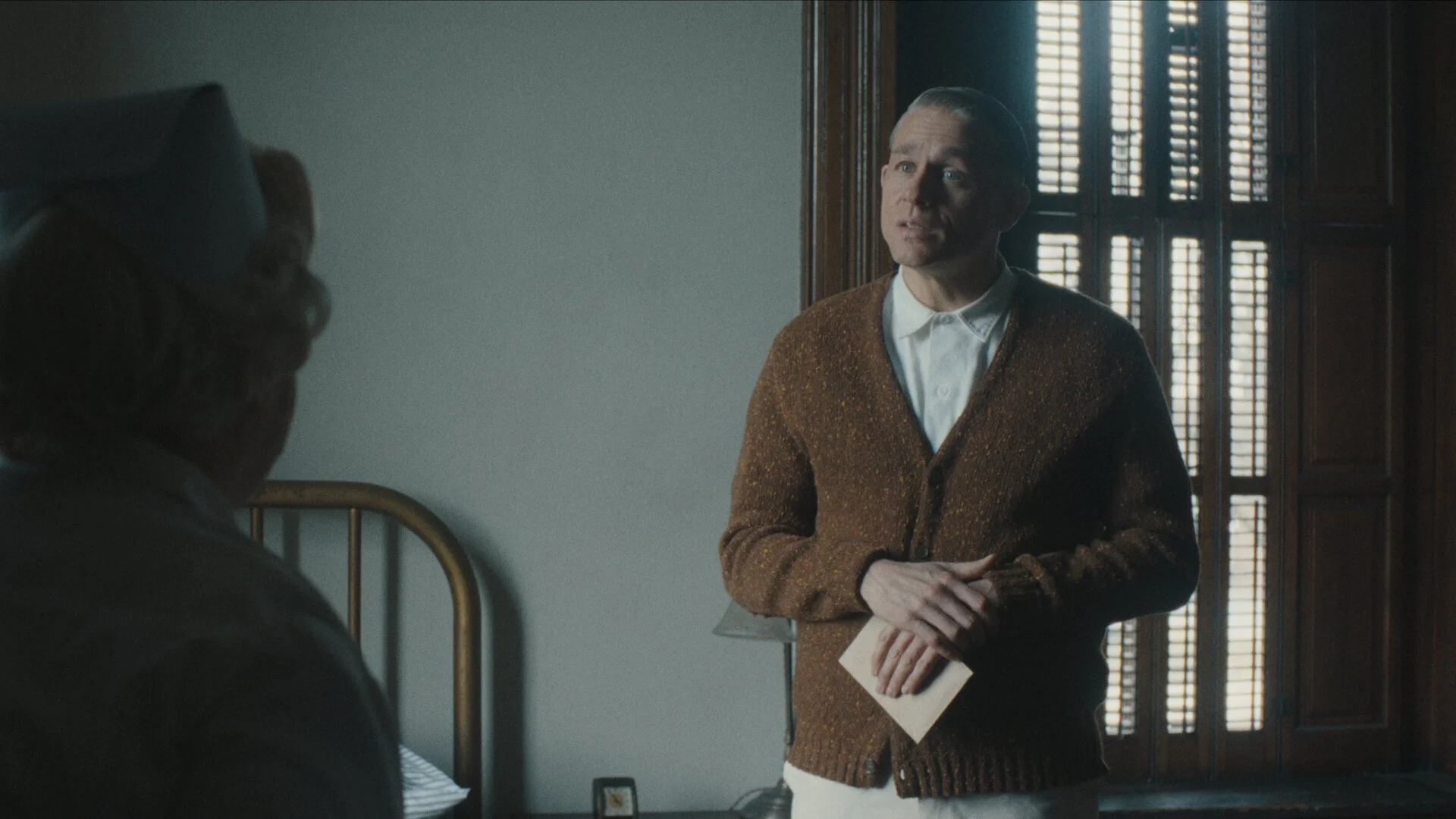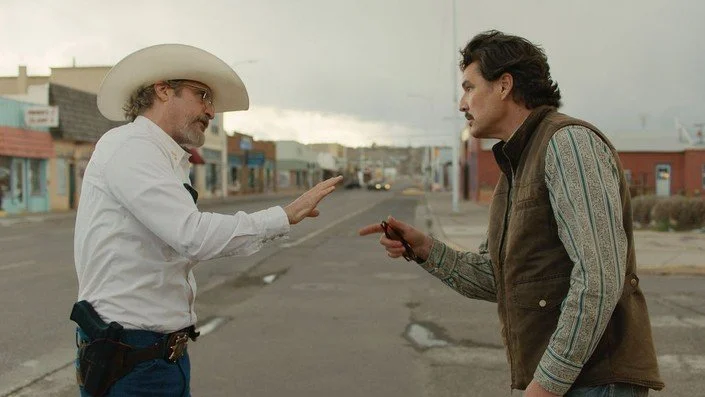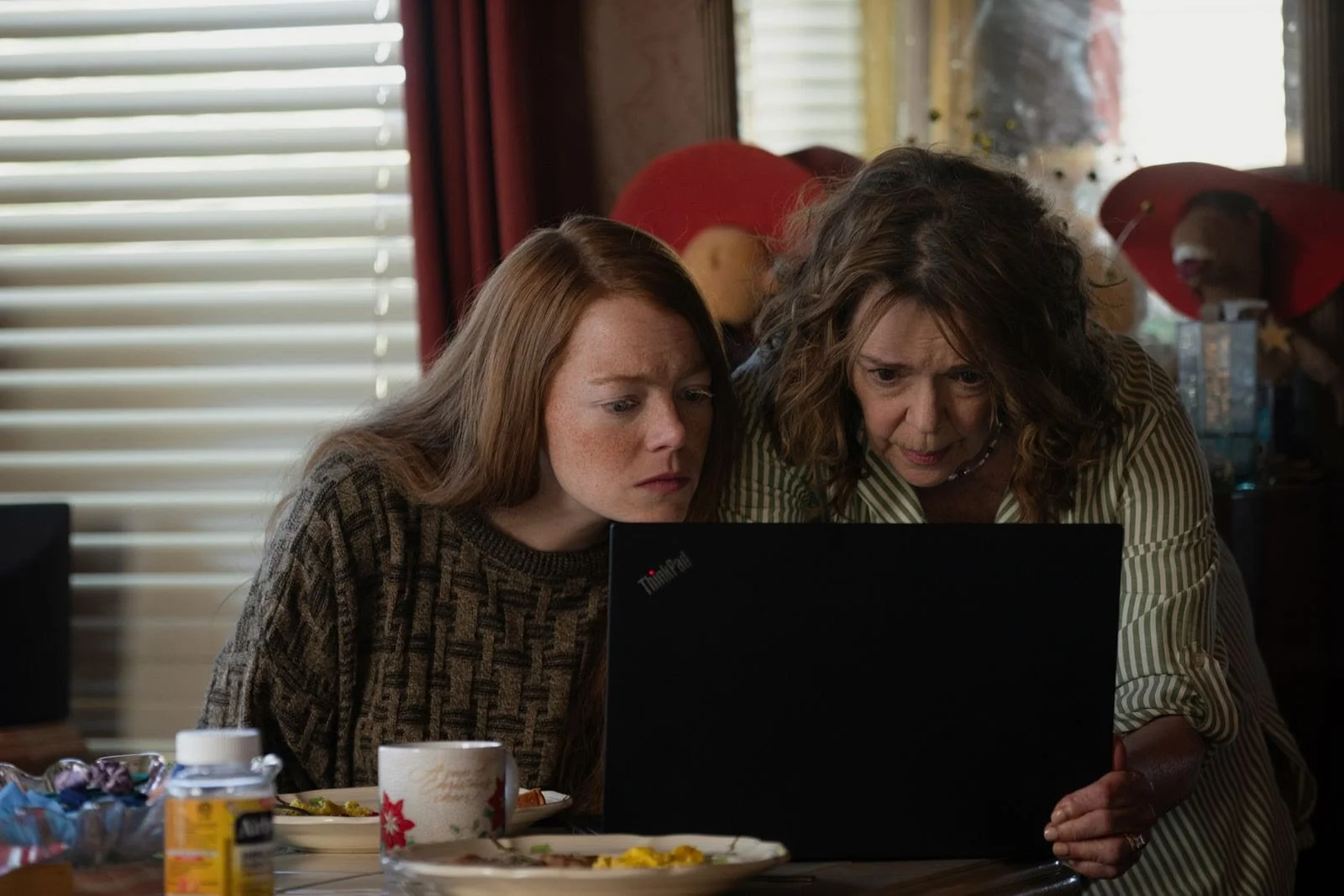Did Wicked Really Need to Be Broken Into Two Movies?
Universal Pictures
Thoughts on why Wicked: For Good was not part of the original film
Wicked: For Good has finally arrived. As a musical lover, I was skeptical of the first Wicked film, yet I ended up really enjoying it after some spoilers popped up on social media. You know which one I’m talking about; the famous “Defying Gravity” scene that made its rounds on Tiktok for weeks, if not months.
I fell in love instantly with that moment, just like everyone else. And then I knew that I HAD to see it. Once I was able to watch the full movie, I was pleasantly surprised. It was good! I wasn’t going to miss the next one in theaters, that was for sure.
Then, it hit me right before I left for the theaters to see Wicked: For Good… “can this really top the first movie?” I thought to myself. I had my doubts, but was optimistic to be impressed once again. My optimism did not pay off, as I suspected, the second part of the film was not as good as the first for me.
This isn’t to say that Wicked: For Good is a bad movie. The first film just came in so strong from beginning to end that it ultimately ended up being a very tough act to follow.
Universal Pictures
Wicked Follows The Musical Formula
Like many musicals, Wicked follows a formula where one the strongest songs comes right before the intermission of the show; and the musical ends with an emotionally traumatizing beautiful song. The “Epic Act I Finales,” as the theater folks like to put it, quite often ends up being the most popular moment of the musical.
I had to sit back and think about how many of the musicals that I love follow this same formula. Dream Girls has the amazing “And I Am Telling You I’m Not Going” before ending the musical with the tearjerking version of “Dream Girls Finale.” Rent’s wild “La Vie Bohème" brings the first act to a close before ending the musical with the very emotional “Finale B.”
So this was Wicked’s plan too- wow us with “Defying Gravity” and then break us emotionally at the end with “For Good.” It’s a solid plan, no doubt, but for some reason I feel that it would’ve pulled me in more if it was all completed in one film.
Universal Pictures
Wicked: For Good is a Continuation, Not a Sequel
It was an interesting choice for Wicked to break the film into two parts. This isn’t common with musicals that are converted into films, without the second film actually being a sequel. So no, this isn’t the same as The Lion King 2 or Grease 2 (Alexa, play “Cool Rider”).
Why was this decision made? Based on the run times, this likely gave more room for backstory developments than the Broadway musical. Apparently, there are even two additional songs featured in Wicked: For Good that are not in the stage adaptation.
Let’s also not pretend that this wasn’t a good money-making decision. Although not particularly common with musicals, we’ve seen movies do this before. I’m staring at you Harry Potter, Twilight, and Hunger Games. I’m also going to call out one of my super faves, Dune. I’m sure the decision makers knew that making these legendary films stretch out into two part movies would bring in both the audience and the big bucks.
Wicked has to be raking it in. I’ve seen Wicked collabs from clothes and makeup down to the green and pink popcorn at AMC theaters.
Courtesy of Lego
Wicked Dared to Be Both Nostalgic and New
Wicked has some die hard fans, that’s for sure. It did something special for moviegoers that we haven’t seen in quite some time. There’s the nostalgic side of going to the theaters to see fantasy epics such as Harry Potter, but there’s also the other side of it being a fantasy musical. The only other fantasy musicals that I can think of that aren’t Disney animations are Willy Wonka and the Chocolate Factory and the 1939 Wizard of Oz.
Wicked brought us back to the world of Oz with a new perspective full of gorgeous eye-popping cinematography, songs that loop through our minds and spirits, and a story that will make us rethink everything that we knew about Oz. It is truly one of a kind.
Universal Pictures
So, did Wicked really need to be separated into two films? Probably not, but in the end it was worth it. The Wicked films have been a cultural moment that will be remembered throughout time.
Cynthia owns the role of Elphaba now, and Ariana made me love Glinda (and pink) even more than I did from The Wizard of Oz. Although the second part of the film didn’t move me as much as the first film, I loved the experience of this entire two-part saga. It has been quite a journey and I’m hopeful that we can get more of this perspective of Oz in the future. Wicked has surely left its mark For Good ;).
How Monster: The Ed Gein Story Displays the Horrors of Untreated Mental Health
Netflix
Monster: The Ed Gein Story provides a plethora of conversations all surrounded around the life of Ed Gein. On one side you have his influence on both Hollywood horror material, and his influence on other real life serial killers that came after him. On the other side there is the question of his mental health and how all that affected it.
The series was disturbing, to say the least, but afterwards I was left with this unshakeable question of “ what would Ed Gein have been like if he was given better mental support sooner in his life?” He was diagnosed with schizophrenia shortly after his arrest in 1957,and by that time he was already in his 40’s. He died at the age of 77, so that's more than half of his life spent dealing with a chronic mental disease that was misunderstood by not only himself but also society.
Beyond the horrors that we know, and the ones we are still unsure of, one of the most horrific aspects of Gein’s life has to be that he is a case of what can happen when mental disease is left untreated and unsupported; especially one as drastic as schizophrenia.
Parental Influence
From the beginning of the series we see that Gein’s relationship with his mother is a dark one. She isolates him both physically and mentally. Gein is told not to like or trust women, which is very strange since Gein’s mother is clearly a woman herself. He is also made to feel ashamed of his sexuality, and Gein’s brother and himself are expected to never marry and remain loyal to their mother for life.
We see similar relationships displayed in other works by Ryan Murphy’s biographically influenced series. Of course, the Dahmer story comes to mind as Dahmer was afraid to be openly gay due to his father’s homophobia. We also see this in the Aaron Hernandez American Sports Story, as Hernandez was believed to be bisexual or gay and he struggled with this because of his father’s beliefs. There was also a fear of possible homophobia among his peers in football. Sadly enough, both of these men committed crimes of murder. It would be unfair and negligent to connect their murders directly to their suppressed feelings and desires solely, but there’s no denying that it possibly played a role.
Netflix
Obsession with the Forbidden and Taboo
Suppressed and repressed emotions can often lead to obsession. We often crave what we can’t have. With Dahmer’s and Hernandez’s lives, homosexuality was very taboo during their eras still so it was widely expected that they refused to act on their feelings. Gein, however, is a bit different.
Men were expected to leave their homes, find a wife, and build a family of their own. It had to be strange for Gein to see men court women and get married, while he and his brother were not allowed to do so. One may argue that Gein’s mother did this as a form of protection, as she likely knew that her child was a bit different mentally. However, would this also explain why Gein’s older brother Henry was shamed into not having a family of his own either?
Much is not known about Henry, and it is possible that he suffered from mental health issues as well. Him trying to convince Ed to leave their mother’s household suggests that he may have been a bit more stable, at least. In all honesty, the family overall appeared to suffer in different ways. Gein’s father was said to be an alcoholic and his mother was verbally abusive with hints of religious fanaticism. We know that genetics can play a role in mental health across families, so if the whole family was untreated then that makes this an even darker story.
Netflix
Not being able to even talk to women likely led to Gein becoming completely obsessed with them. It’s insinuated that he was attracted to women, so his dressing in women’s clothing may have been an attempt of trying to fulfill his desires of being closer to them. There’s also the possibility of complex emotions of guilt and shame for this, which also led to his obsession with his mother. Even after her death, her influence continued to hold a grip on him.
Records state that he blocked off certain areas of his home that his mother used to frequent after her death. The series goes as far as showing him still talking to her, and even arguing with her at times. Imagine being so attached to a toxic relationship that it essentially haunts you after that person’s death? Of course, no one wants to think of a mother-son relationship being toxic, but let’s be honest; this was not a healthy mother-son bond.
Is this what led to the murders of women and exhumation of dead bodies? It’s difficult to say. Gein had to be going through a mix of feelings of freedom, sadness, and confusion once he was left alone from his mother’s passing. Blend that with someone who suffers from misunderstood mental health issues and it is likely that Gein was living a pure nightmare.
Netflix
Untreated Schizophrenia
One of the most fascinating portrayals in the series is the fact that we don’t know what really happened or not, due to Gein’s diagnosed schizophrenia towards the end of the series. You question everything; even how much Gein was aware of what he was actually doing.
Of course there are parts that you know for sure didn’t happen, such as Gein being chased by Holocaust victims at his farm. Yet, if you recognize that it didn’t happen in the real world but to Gein it seemed to be 100 percent real, then that is absolutely terrifying.
Imagine living each day and not knowing what is real or not because of how your brain functions. You question everything, just as the viewer of the series questions everything. Did he really have a relationship with Adeline or was this a manifestation of his imagination just like Arthur Fleck did in the movie Joker? Why did he murder those women,and were there others? Does he truly not remember committing murder? And what was his obsession with corpses after his mother’s passing?
Netflix
Closing
We’ll likely never know the exact answers to these questions and it’s 2025. Imagine how frightening and confusing it was to not understand this between the early 1900’s to the 80’s as either a doctor or Gein himself.
I say all of this not to excuse Ed Gein for any of his crimes, but to instead look at them from a different perspective. It is true that the crimes are egregious and sickening. One can only question what would make a person want to do such things. But that’s also precisely the point.
The diagnosis of schizophrenia brings more light to answers, but it’s still quite dim. We still don’t fully understand the disease and we still don’t know why Gein committed these horrible acts. Just like Dahmer, Gein’s brain was not studied after his death. I question how much more we could understand about serial killers and the mental health connection from Gein’s brain alone. I know the world likes to think about all of the dark influences that came from his life, but maybe it’s time that we question what positives Gein’s life could’ve influenced if he just happened to have more positivity and support in his own life early on.
Netflix
Eddington: The Early Days of COVID Were Really That Crazy
***Spoilers Ahead***
Do you remember how strange the early days of the COVID pandemic were? People losing their jobs, others being sent to work from home. Crowded emergency rooms. A sneeze or cough was enough to send people into a panic. Long lines stretching outside grocery stores, each person standing six feet apart. Essentials like toilet paper and chicken wings became endangered resources.
The truth is, while many of us shared experiences, we also lived through very different versions of the pandemic. Some people actually enjoyed certain aspects of it. I’ve heard folks say they miss lockdown—being stuck at home scrolling TikTok and watching Netflix all day. Others absolutely hated the isolation, which worsened mental health issues like anxiety and depression. One moment, we were bonding over funny videos on social media; the next, overwhelmed by the rising death toll. And now, in 2025, it almost feels like it never happened.
Ari Aster’s Eddington transports us back to five years ago, to a small New Mexican town of the same name. Somehow, he manages to weave countless early-pandemic experiences into this one quirky location. You’ll laugh, feel confused, maybe even anxious; just like we did in real life. Aster captures political tension, mental health struggles, and social media obsession with eerie precision.
Courtesy of A24
Political Tension
The political connection in Eddington is quite obvious, and humorous at times. You have Sheriff Joe Cross (Phoenix) and Mayor Ted Garcia (Pascal) representing two completely opposite sides of town (and country) politics during the pandemic.
It’s clear that Sheriff Cross doesn’t take the threat of the virus seriously. He walks around in public without his mask and ignores others when they ask him to wear one. At one point he gets into a scuffle with a homeless man who aggressively coughs on him intentionally; afterwards he goes directly home to hop in bed with his wife without even taking a shower.
During the real pandemic, I remember watching news stories about healthcare professionals and other essential workers who barely made physical contact with their household members to avoid spreading the virus. Some even immediately removed their clothes to be washed and slept in separate rooms to help limit any possible transmission. I suppose that none of these precautions crossed the sheriff’s mind.
Mayor Garcia, on the other hand, is all for the masks and encourages people to use them for protection even if they don’t have COVID. This is seen as injustice to Cross, especially because he claims to not be able to breathe in the mask for health related issues.
We see him use his authority to go against the new rules of the pandemic, then watch him purchase groceries for an older man who was kicked out of the store for refusing to wear a mask. This is morally conflicting, and the audience is unsure if he is a “bad guy” or not.
So who’s the good guy in this situation? Is it the sheriff who represents law and order, protection, and trust in the community; or the mayor who is also supposed to be a trusted figure in the community that keeps the public’s best interest. I think we’ve seen a similar story like this before.
Courtesy of A24
Mental Health Struggles
As the story unfolds, Sheriff Cross reveals deeper flaws. The political climate of the town unveils darker elements of his personality, and he develops a consuming hatred for Garcia. His obsession seemingly derails everything else in his life.
In reality, he’s not really the only one struggling mentally in the film. Many of the characters all seem to find something to focus on to take their attention away from the threat of the virus.
Cross’s wife Louise (portrayed by Emma Stone) and mother-in-law find themselves caught up with a strange cult leader named Vernon (portrayed by Austin Butler), along with his conspiracies about what COVID is distracting the world from.
The teenagers seem to not know what to do with themselves out of pure boredom and isolation. Sarah becomes active in the Black Lives Matter movement, bringing protests to the small town. Meanwhile, two guys around her age find themselves joining the movement with her; not because they actually care but because they are competing for her attention. One happens to be Mayor Garcia’s son Eric, and the other is his friend Brian.
Sarah seems to not be too interested in either guy, but instead seems stuck on her ex-boyfriend Mike; a young Black deputy of the sheriff. Is this girl using the Black Lives Matter movement to get the attention of her ex who is a black cop? That’s pretty wild.
t seems like the characters are dissociating themselves from the reality of COVID as a defense mechanism for the stress and trauma of the pandemic. Focusing more energy on politics, social justice, and even conspiracies can help escape the reality that a new virus is quickly changing the world around you.
I’m sure many of us did something similar in 2020 as well, possibly without realizing it. I know personally I found myself playing The Sims continuously for months after having not touched the game for years before. In my mind, this was a way to live a life outside of what I was going through in the real world. It probably wasn’t the most productive way to cope, but it got me through a lot of long days.
I also found myself scrolling Tiktok all day, everyday. Social media was not something that I frequented often, but for some reason, Tiktok really pulled me -and much of the rest of the world -in during the pandemic lock down.
Social Media Obsession
Courtesy of A24
Social media went through an evolution during the pandemic. It was one of the most popular ways to interact with the world without the risk of touching one another. Everyone was video calling, posting videos, and streaming. In Eddington, social media becomes the town’s connective tissue, and its chaos engine. It links the characters’ political battles, mental breakdowns, and personal drama.
Cross’s mother-in-law watches Vernon’s conspiracy videos almost religiously.
Sarah uses her platform to post about BLM, while simultaneously using the same platform to try and make her ex boyfriend jealous. Meanwhile, she’s being cyberstalked by one, if not both, of the two boys who have a crush on her. This town is a mess.
It was actually quite interesting to see how tech savvy Cross was with streaming and posting videos for his political campaign, while still giving the vibe of an old school gritty sheriff.
Streaming and video posting was a major part of Cross’s mayoral campaign, to the point that he revealed personal and sensitive information about his wife to make his candidate look bad. In more direct terms ; dude really went online and said that Mayor Garcia sexually assaulted his wife in an attempt to destroy his character. This was probably one of the wildest parts of the story, but it still doesn’t overshadow the end.
I probably laughed more than I needed to during the ending shoot out scenes with Phoenix vs whatever militia/mercenaries that came to hunt him down. I wouldn’t expect anything less from a western movie, but something about Cross running around crazy, while dipping and dodging shots was pure comedy.
The icing on the cake was the cyber-stalker kid Brian saving the day by killing the mercenary fighter that stabbed Cross through the top of his head, all while recording himself on his cell phone. Gotta get those likes by any means I suppose.
So yes, Eddington is absolutely a wild ride that can be quite weird at times. But honestly, this is pretty much what the world felt like during the 2020 pandemic. Do you remember now? How soon we forget.









